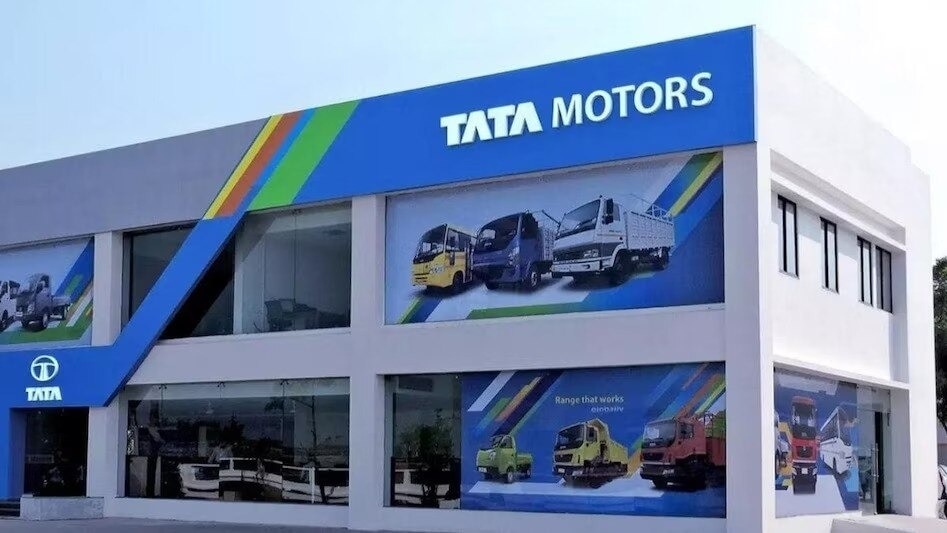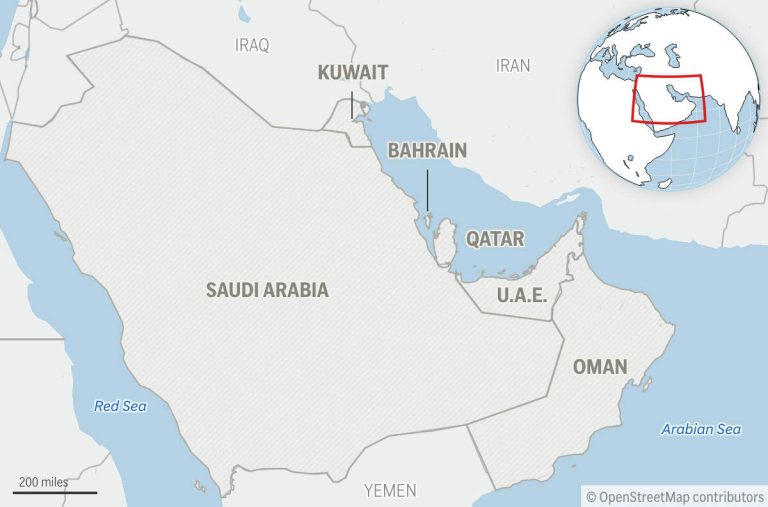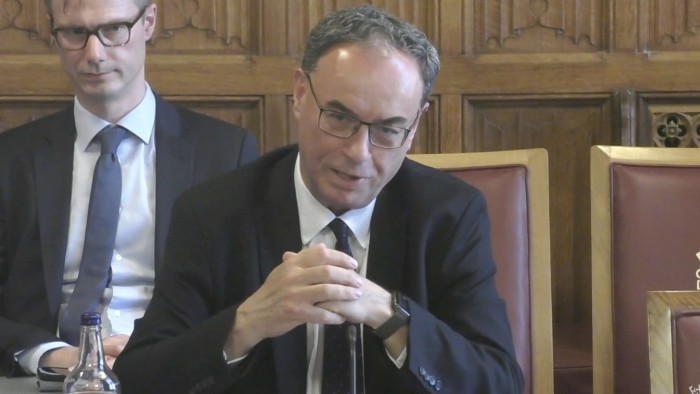Even as the global automotive industry is witnessing a chokehold due to the rare earth magnet import ban from China, Tata Motors has not pressed the panic button, a top company official told reporters on Tuesday.
“The rare earth situation at this point—between inventory and alternate sources—we are okay. We’ll have to wait to see how it plays out going forward. There are also developments in terms of China and the EU getting their act together on the rare earth magnets side. So, it’s moving at this point. No panic buttons pressed as yet, but we’ll have to wait and see how that plays out,” said P. Balaji, Group CFO, Tata Motors.
According to Balaji, the company does not foresee production curtailment yet.
At present, China accounts for over 90% of global rare earth magnet production and processing capacity. Since April 4, 2025, China has mandated special export licenses for seven types of rare earth elements and finished magnets. This includes requiring detailed end-use declarations and ensuring that products are not used for defence-related purposes or re-exported to countries like the US.
The new regulations have led to significant delays, with clearance processes now taking at least 45 days, causing growing backlogs.
Automobile manufacturers such as Bajaj Auto and TVS Motor have already voiced their concerns regarding EV production likely being hit due to the rare earth magnet crisis. Suzuki Motor Corporation is facing production challenges—particularly with the Swift model in Japan—due to China’s restrictions on rare earth element exports. Maruti Suzuki, a subsidiary in India, is also impacted, having to cut production of its e-Vitara electric vehicle due to the same issue. MSIL has slashed its production forecast for its upcoming electric SUV, the e-Vitara, from an initial target of over 26,000 units to approximately 8,000 units by September due to rare earth supply constraints. MSIL aims to meet its full-year target of 67,000 units by ramping up production later.
As per a report by rating agency Crisil, China’s restrictions on rare earth magnet exports could significantly slow down India’s automotive sector, particularly impacting electric vehicle (EV) production. Crisil Ratings said that while passenger vehicle volumes are forecast to grow 2-4% in FY26, EV growth (expected at 35-40%) could soften significantly if supply constraints worsen.
Meanwhile, the government is reportedly set to launch a new initiative with an outlay of ₹1,000 crore aimed at incentivising the domestic production of rare earth magnets. Rare earth magnets are critical elements in sectors like electric vehicles, electronics, and defence.







